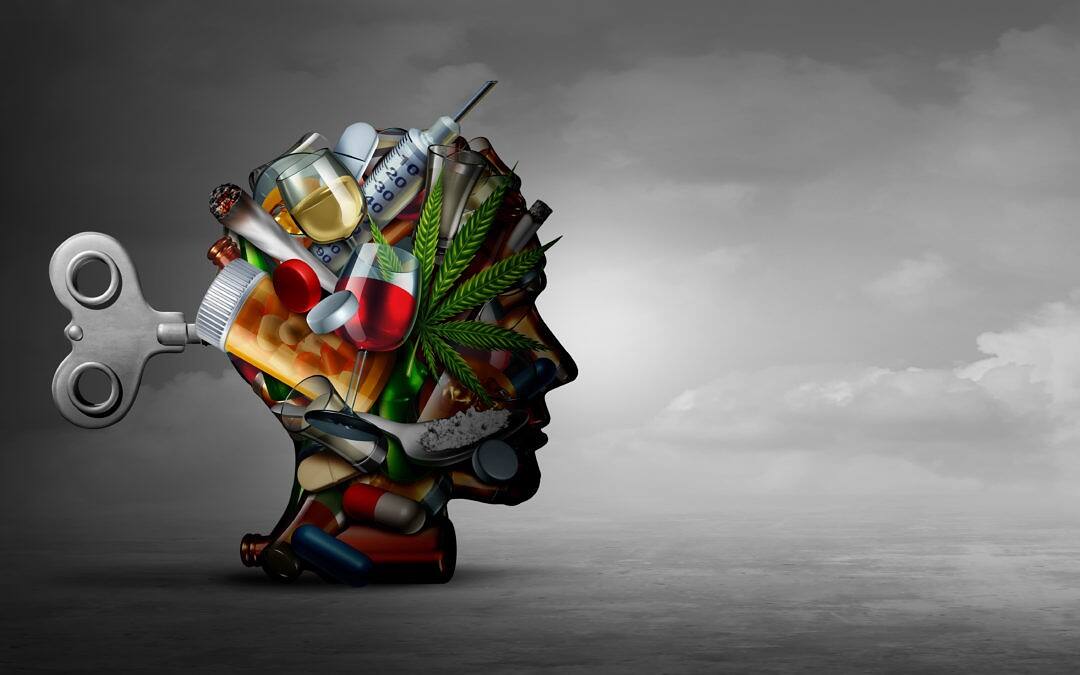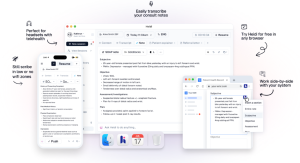Breaking the Cycle: A Closer Look at Substance Use Disorder and the Journey to Recovery

Addiction is often misunderstood. People may see it as a lack of control or poor choices. But in truth, addiction is a medical condition that affects the brain, behavior, and emotional health. This condition is known as substance use disorder, and it touches millions of lives worldwide. Learning more about what it is and how it works is the first step toward real healing.
Impact of using drug or alcohol
Substance use disorder is a pattern of repeated drug or alcohol use that leads to serious problems. These may include health issues, problems at work or school, and damaged relationships. It happens when the brain starts to depend on a substance to feel normal. Over time, a person may need more of the drug to get the same effect. That craving becomes so strong, it pushes out everything else.
People with substance use disorder often struggle to stop using, even when they want to. This is because the brain’s reward system has been changed. The part of the brain that controls decision-making becomes weaker, while the urge for the substance grows stronger. These brain changes explain why quitting is not just a matter of willpower. It is a medical challenge that needs the right support.
One of the key signs of substance use disorder is loss of control. Someone may say they will stop after one drink, but end up drinking much more. They may try to quit and fail again and again. This cycle can be painful and frustrating. It creates guilt, shame and often leads people to hide their behavior. That isolation only makes the substance use disorder harder to treat.
How health and organs can be damaged ?
Another part of substance use disorder is how it affects health. Long-term use can damage the liver, heart, brain, and other organs. People may stop eating well, get sick more often, or lose sleep. Mental health can also suffer. Depression, anxiety, and mood swings are common. Because of these risks, getting early help for substance use disorder can prevent long-term damage.
Family members often feel confused or helpless when someone they love has a substance use disorder. They may not understand why the person keeps using. They might try to help, only to feel pushed away. That is why support groups and family counseling can make a big difference. When loved ones learn about substance use disorder, they can offer the kind of help that truly supports recovery.
Treatment for substance use disorder must be personal and flexible. What works for one person may not work for another. Some people need detox and medical care. Others may benefit from therapy, group counseling, or support meetings. Medication can also help manage cravings and withdrawal symptoms. The key is to create a plan that fits the person’s needs and keeps them engaged.
Recovery from substance use disorder is not a quick fix. It takes time, support, and ongoing care. There may be setbacks, but that does not mean failure. Each step forward counts. With the right help—such as the comprehensive, personalized treatment found at a luxury rehab—individuals can access a healing environment that fosters long-term recovery, rebuild their lives, restore relationships, and find new purpose. Many who recover go on to help others who are struggling with substance use disorder, using their story to inspire hope.
why education is needed for treatment?
Education is a powerful tool in fighting substance use disorder. When more people understand the science behind addiction, the stigma begins to fade. Talking openly about this condition can lead to more compassion and better access to care. No one should feel ashamed for needing help.
If you or someone you care about is dealing with substance use disorder, know that healing is possible. With knowledge, patience, and the right kind of help, recovery becomes more than a dream. It becomes a path forward, one step at a time, with support at every turn.



